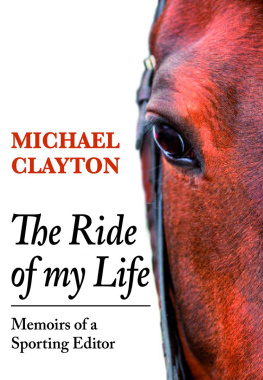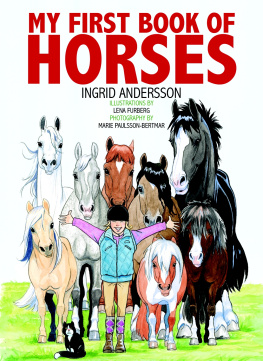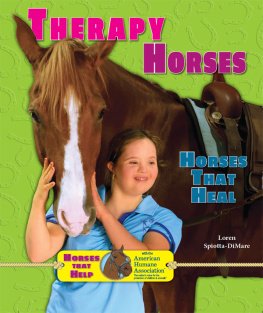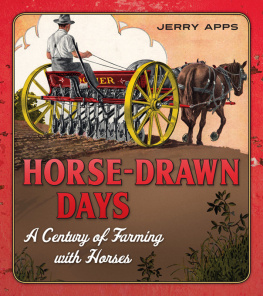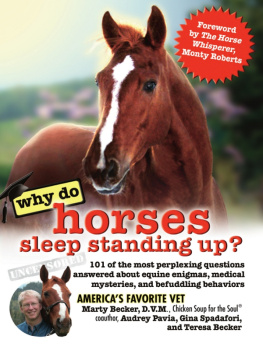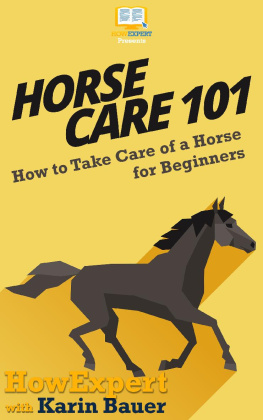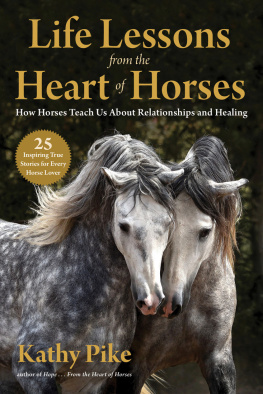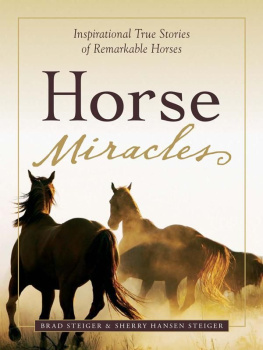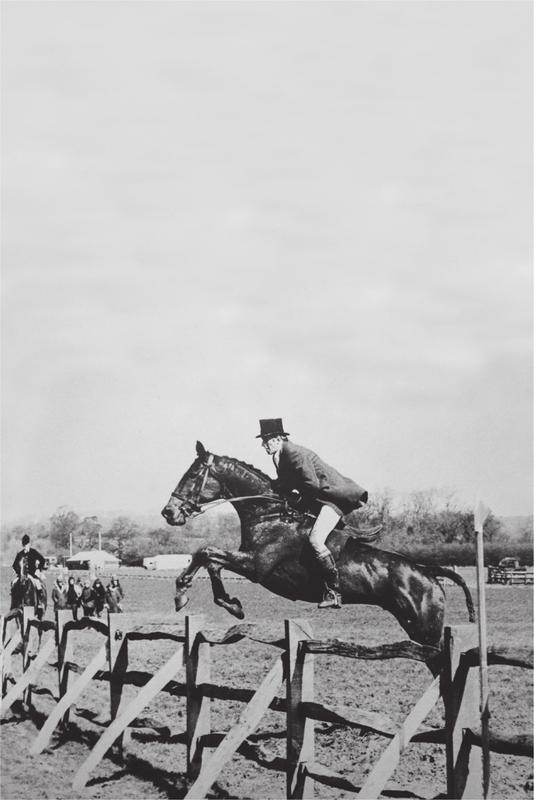My thanks to Jim Meads, friend and hunting companion, for providing virtually all the hunting pictures in this book.
Mark Hedges, Editor of Country Life
I was advised before my interview with Michael to talk about hunting and, if he changed the subject, to bring the conversation immediately back to it. This wasnt difficult, as he spent some time recounting, in vivid detail, a run he had had with the Cottesmore the previous Tuesday. Then he offered me a job on Horse & Hound.
I knew nothing about editing or journalism and could barely type, but I had fluked a job with the most talented magazine editor of his generation. I owe Michael my career.
Michael was a fearsome taskmaster, but one that led by example; despite his absences on Foxford duties, he approved every word and was capable of performing any role legend has it that, during an NUJ strike, he produced Horse & Hound single-handedly.
He had an inspiring energy, writing more, hunting more and uncomplainingly breaking more bones than any person I have worked with; dictating the Monday-morning leader from the casualty ward was a common occurrence. Once, a reader recognised him and, as he lay awaiting anaesthetic, began to upbraid him about an incorrect result.
Horse & Hound, which he proudly referred to as a newspaper, rather than a magazine, was an exciting place to work. Michael was fair, but occasionally terrifying; a note in his spidery handwriting See me, MC could stop the heart. He had a habit of emerging from his office, proof page held aloft, demanding: Who did this? As staff ducked behind their typewriters, hed murmur: Well, its rather good, anyway. Yet sometimes, instead of delivering the anticipated rocket for a mistake, he would put his philosophical former war reporters hat on and shrug: Life how it really is. He kept us all on our toes.
Michaels twin passions for print journalism and foxhunting coursed through his veins. He could have done anything but, fortunately for us, he chose hunting and horses.
Mark Hedges Editor,
Country Life
For many people nowadays the word hacking refers to raiding other peoples mobile phones, allegedly used as an illegal news source.
In the England in which I was born and bred, hacking only applied to riding a horse for fun. You hacked home in the twilight after a good days hunting. You hacked your horse across a smiling countryside on a fine morning for exercise. Your horse was simply a hack if it was an ordinary riding mount, and not a grand hunter nor racehorse.
Journalists were referred to as hacks because they put their pens out to rent, like horses in a hireling stabling. For most of my life I have been employed as a hack, and have so much enjoyed hacking about on horses.
Fatefully, I was invited to a lunch in the Reform Club in 1972 which brought me even closer to hacking horses and words. It happened like this.
And so I wondered if you would like to take over from me as Editor
The words hung in the air only a couple of seconds over the lunch table before I heard a voice say firmly: I certainly would.
With a familiar tremor in the stomach I realised the voice was mine. I had not guessed the purpose of the lunch invitation from Walter Case, long-serving Editor of Horse & Hound.
And yet, without hesitation I had committed myself to a drastic career change from BBC international TV and radio reporter to the editorship of one of Britains oldest and most conservative weekly magazines; a periodical whose title was used as a joke by the liberal literati. It became best known to the widest public who relished the episode in the film Notting Hill when Hugh Grant posed as a Horse & Hound reporter to interview the girl of his dreams.
When Case made his offer I reacted in the same way you should jump a fence in the hunting field: throw your heart over first. It is the traditional advice to the horseman crossing country, and it usually works well, since a horse responds instantly to boldness from the rider.
I heard myself instantly accept Cases offer with warm approval; I gave the impression I would have taken over that afternoon if necessary.
Impetuous decision-making can be equally successful off the hunting field, but when it goes wrong it proves the accuracy of Mr Jorrockss famous remark that a fall is a hawful thing. After a working life chasing hard news in newspapers and broadcasting, would I really find a happy landing in a corner of specialist journalism which my BBC colleagues would consider quaint, or even eccentric? My fellow reporters in the TV News Room already called me Squire because of my passion for foxhunting.
Horse & Hounds longevity and apparently changeless appeal caused more than a few misconceptions, even among its readers. I remembered this two years later when one of Irelands leading hunting ladies, Bunny McCalmont, greeted me at her front door by saying: Good heavens! I thought the Editor of Horse & Hound was a little old man with a white beard. Do come in, young man. Ive got a very exciting horse for you.
I contributed little to the remainder of my lunch-time conversation in the spring of 1972 with Walter Case. Before he made his offer it was clear that he was retiring the following year with the greatest reluctance.
He told me glumly the management had an inflexible rule that all staff must retire at 65, and he would reach that birthday in 1973, 33 years after he had succeeded as Editor during the drama and bloodshed of bombing in war-time London.
Walter had immediately succeeded the magazines first Editor and owner, Arthur Portman, when Portman and his wife were killed in an air-raid which demolished their home in Montagu Square on August 17th, 1940. No-one knew which of them died first, greatly affecting the implementation of Arthur Portmans will.
Like the magazines first Editor, Walter had become entirely consumed by the demands and pleasures of Horse & Hound. It was far more than a job; it was entirely his way of life, and he would miss it sorely, he explained. He was a slight, bespectacled figure, not given to revealing his emotions, but his reserved manner cloaked a steely will. Handing over his precious editorship was probably the most painful task in his life, and I was touched and grateful to be the recipient.
With a pang, I realised that as the elderly magazines third Editor I could expect to find myself similarly immersed in a life-style job for the rest of my life. Would that really be enough to contain a restlessness which had already seen me move from provincial journalism to Fleet Street, and then to broadcasting at its most hectic?
I had been a hunter of news for over 20 years, most of it the bad news that makes headlines; latterly I had been reporting a series of wars, and was due to return to Vietnam and Cambodia soon after my lunch with Case.
Perhaps the pressures of such work had increased my passion for the recreations I had enjoyed most of all: riding and hunting. I had read Horse & Hound regularly since childhood, contributed as a freelance to the magazine on hunting matters, and had written my first foxhunting book for publication in 1967. My freelancing paid for the keep of a precious hunter, although the demands of news journalism all too frequently robbed me of hunting days I had planned and anticipated with such fervour.
Before we parted after the fateful lunch, Walter Case hesitated and then murmured: There is one thing I should tell you: Horse & Hound

